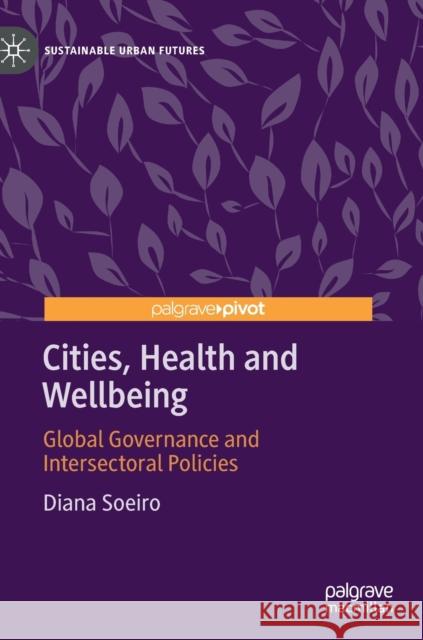Cities, Health and Wellbeing: Global Governance and Intersectoral Policies » książka
topmenu
Cities, Health and Wellbeing: Global Governance and Intersectoral Policies
ISBN-13: 9783030893477 / Angielski / Twarda / 2022 / 200 str.
Kategorie BISAC:
Wydawca:
Springer Nature Switzerland AG
Seria wydawnicza:
Język:
Angielski
ISBN-13:
9783030893477
Rok wydania:
2022
Ilość stron:
200
Waga:
0.39 kg
Wymiary:
21.01 x 14.81 x 1.27
Oprawa:
Twarda
Wolumenów:
01
Dodatkowe informacje:
Wydanie ilustrowane











